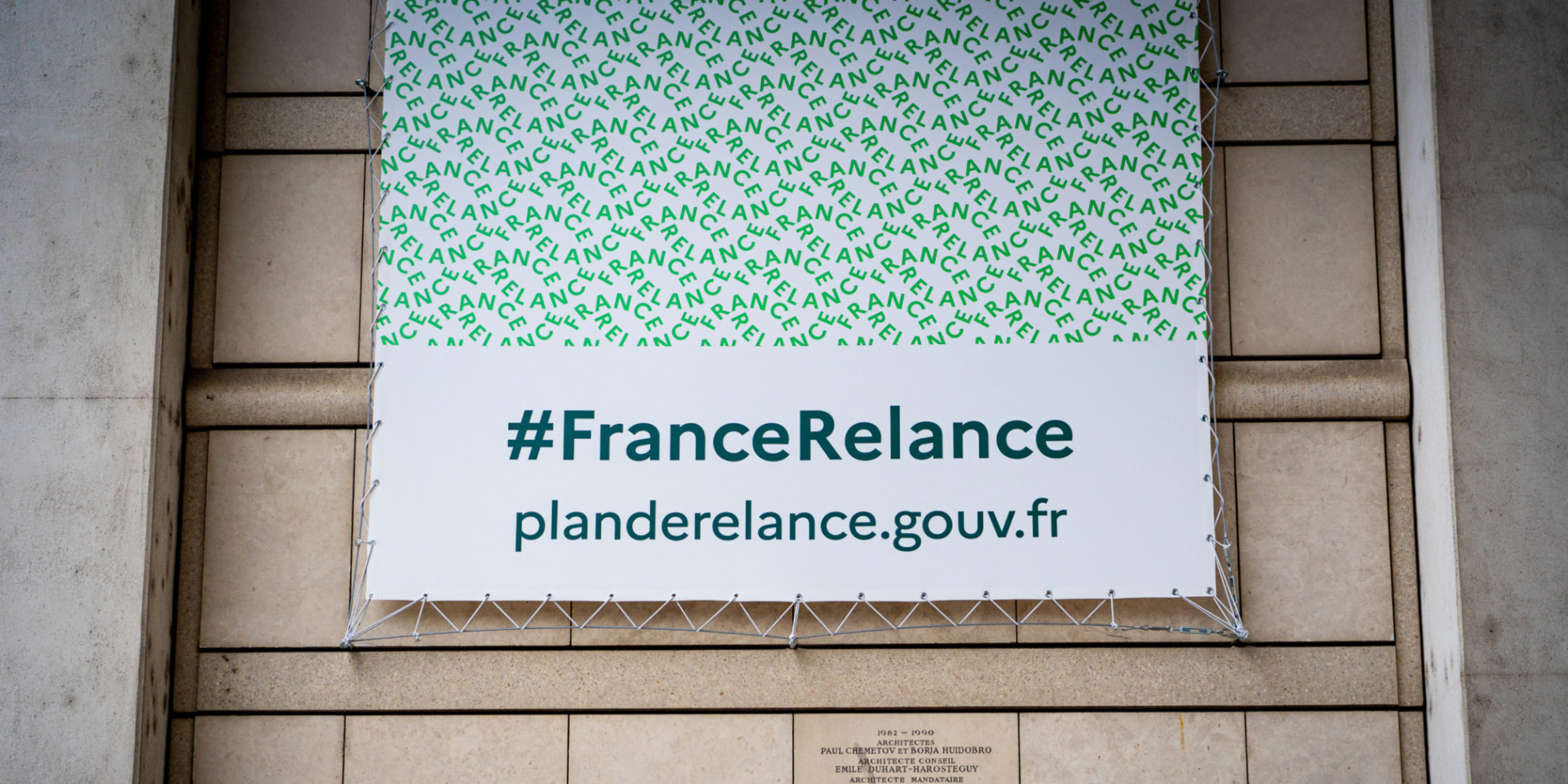Europe 1 with AFP 16:51 p.m., January 16, 2024
The France Relance plan, put in place after Covid, has worked rather well, especially on employment and CO2 emissions, but there are still "points of vigilance" to be settled, according to the final report of the committee responsible for evaluating it, presented Tuesday.France Relance, endowed with 100 billion euros, was presented in September 2020, with the dual objective of returning economic activity to its pre-Covid level before the summer of 2022, and preparing economic actors for long-term challenges, particularly ecological.
>> ALSO READ – Three years after the pandemic, some companies want to reduce remote work
The short-term macroeconomic objective has been achieved, with the return to the pre-crisis level as early as the fourth quarter of 2021, and a contribution of the plan to growth of 1.4% in 2022. However, the report highlights that GDP grew by 9% between 2020 and 2022, the contribution of France Relance being therefore a minority compared to the rebound effect of the lifting of health restrictions.
350,000 jobs created in 2022
Spending targets "are broadly met", with 93% committed at the end of November 2023 - compared to a target of 100% at the end of 2022. Operational objectives are generally "achieved or in the process of being achieved", or even exceeded with the success of MaPrimeRénov' and learning.
The committee discerns "significant effects on employment", with 350,000 jobs created in 2022, according to calculations by the OFCE institute, for a "relatively low" cost per job. This applies in particular to apprenticeships, thanks to the support measure of 8,000 euros per apprentice, and construction, thanks to the measures targeted at renovation.
The effects on CO2 emissions are also noticeable. In particular, the ecological bonus would have saved 90,000 tonnes of CO2 equivalent in 2021. All in all, the committee notes that "it is possible to put in place a recovery plan aimed at stimulating activity in the short term without giving up more structural objectives".
A few caveats
He noted, however, that the evaluation of the plan was "particularly complex", regretting "difficulties" in data collection. One of the drawbacks is the fact that aid for the modernisation of industry has been used for fairly conventional equipment such as programmable production machines, rather than for equipment "of the future".
>> Find all the newspapers of the Europe 1 editorial team in replay and podcast here
Or that "very few" of the subsidised energy renovations have been global, limited to one or two actions. The report is available on the website of France Stratégie, which provided the secretariat: Evaluation Committee of the France Relance Plan - Final Report | France Strategy (strategie.gouv.fr)

